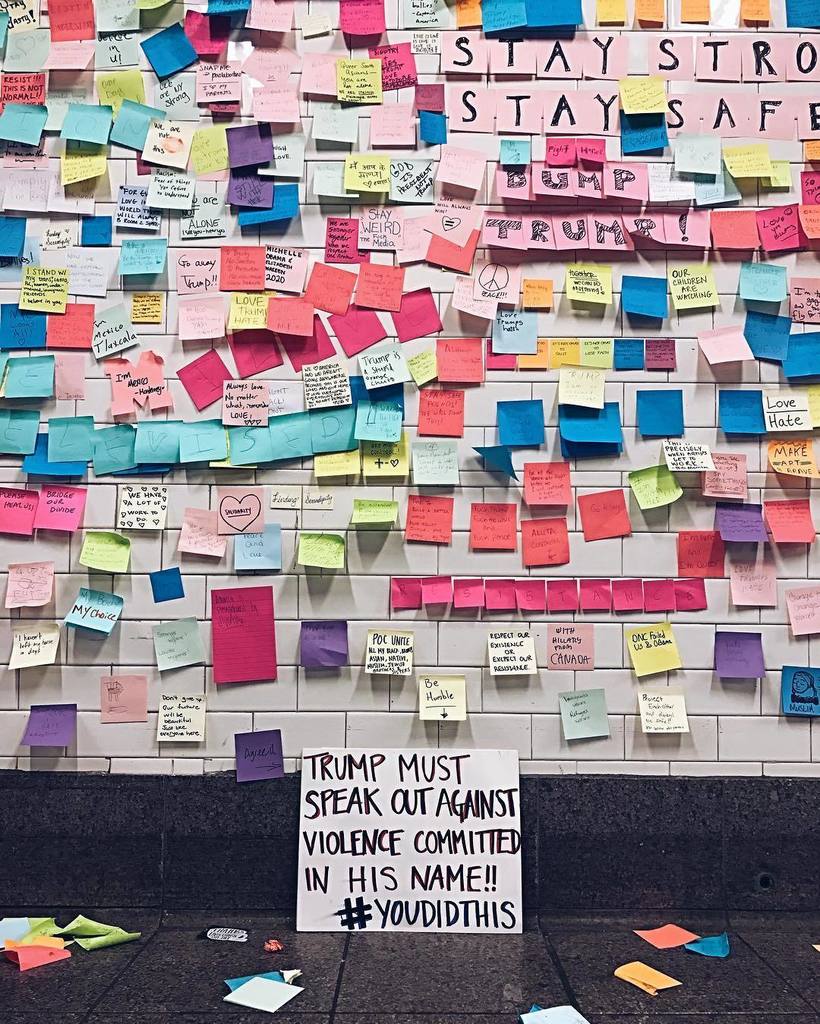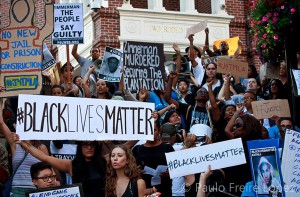So it is officially May which is also my birthday month! I am excited and nervous to turn 28 but I can’t wait to see what this year has in store for me. This summer while I look for a job I also want to knock some things off my bucket list. I want to plan at least one trip and add some new memories to my scrapbook. I’d love to go back to California, but I also want to see Seattle and other parts of the west coast too. I also recently got my passport and I’d love to put it to use. I have always wanted to see the islands or part of South America.
I have always loved the summertime because it feels so free and so much seems possible. The days are longer and the sun just seems brighter and it makes me want to explore not only my own city but others as well. I think that travel is just as important as education is because some things you can only learn with experience.
Aside from traveling I have my sights set on going on as many interviews as I can. I want to get the experience and a feel for the industry so I can be better versed with the dialogue that employers expect.
Summer is also a great time to try out a new hobby or a new style. Nothing feels better than reinventing yourself and switching things up. You owe it to yourself to feel like your best self and live your best life. It really is true that when you feel good, you do better.






